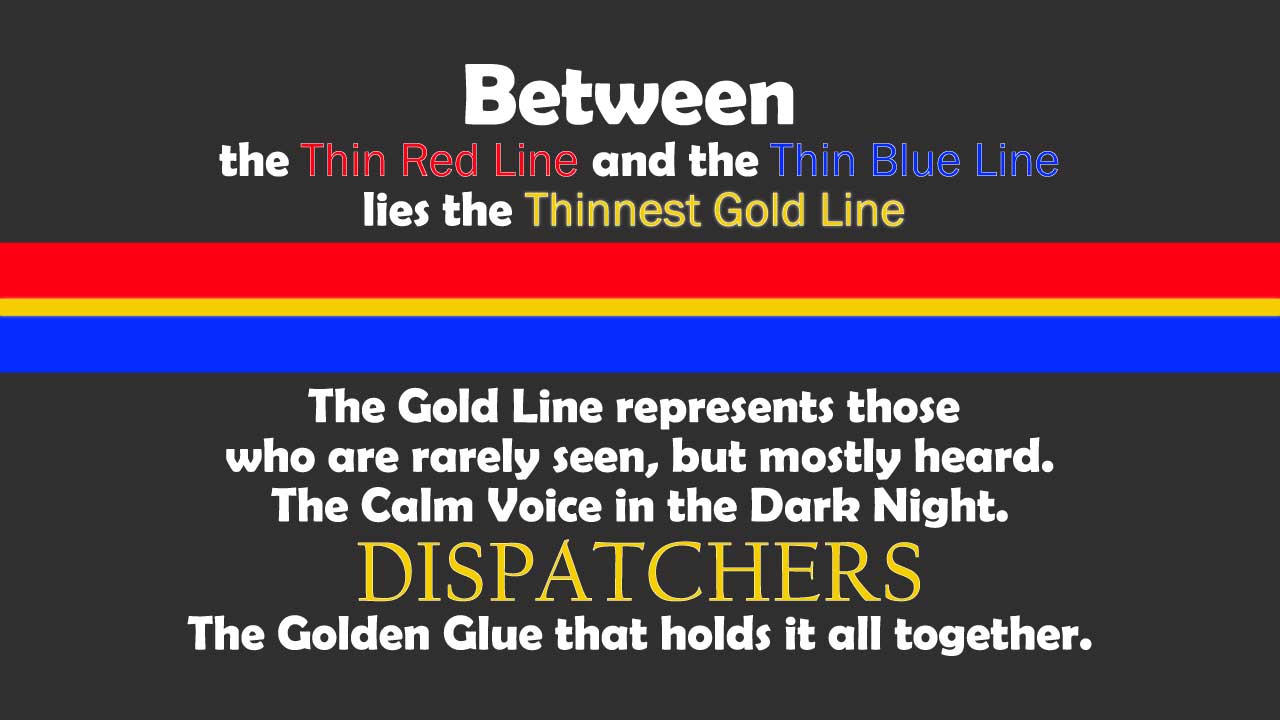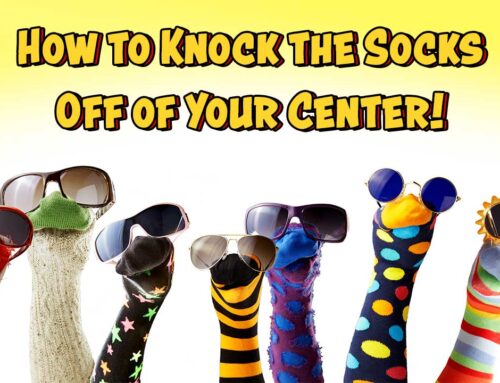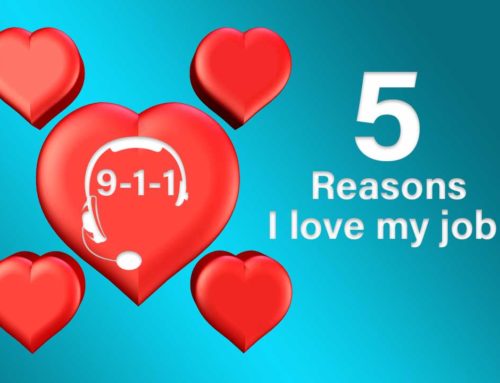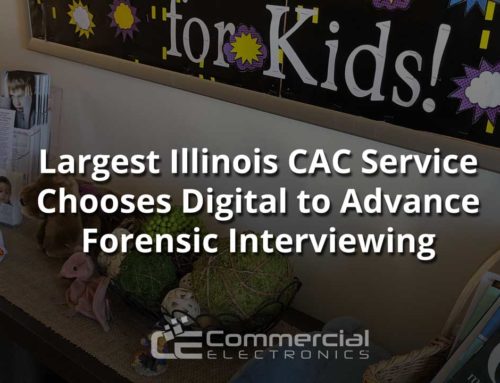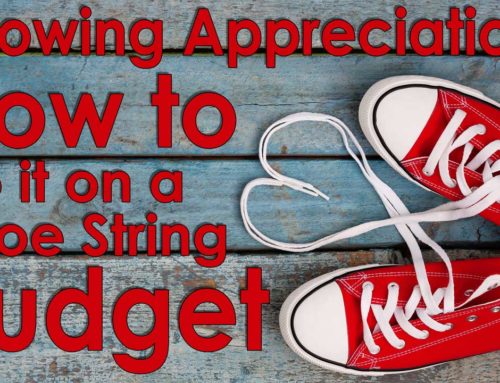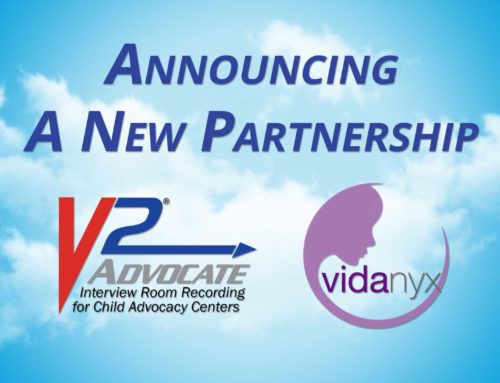I was the director of a combined Communications Center and one day, as we were working on the upcoming annual budget, I was questioned by my chief about the amount of overtime we were using. We were only about halfway through the current budget year and we had already used what we had budgeted for overtime for the year, and then some.
I tried to explain how much busier we had become since we had taken over jurisdiction for two major highways going through our city. I also listed several other new tasks we had been given because the new technology, that made things easier for us, also created quite a bit more work. His response to me was, “I’ve dispatched before, I know what dispatch does”.
The challenge in recognizing telecommunicators appropriately is often due to this being the most common perception, “Dispatchers answer the phone and push a button on the radio”.
The Myth
When the show Rescue 9-1-1 first aired in 1989, it brought an initial awareness of 9-1-1 telecommunicators. Suddenly, the public realized that there were actual people on the other end of the line taking those calls. Although there were several other “reality” series airing at the same time, Rescue 9-1-1 lasted as long as it did because the show focused on calls that had a happy ending.
The Expectations
Although the show was successful, there were two negative consequences that impacted public perception and expectations. The first was that every episode had a happy ending. Because of this, the public began to expect that calling 9-1-1 was going to have a positive outcome, regardless of the situation they were calling about. This often caused hard feelings towards the telecommunicators.
The second consequence was an incorrect perception of what the telecommunicators were dealing with during the caller’s emergency. In each episode of the show, the emergency being aired was the only emergency being handled at that time by that agency. So, the perception was that there were no other emergencies happening at the same time as the caller’s. Again, this led to unrealistic expectations, hard feelings, and complaints against agencies.
The Reality
As every telecommunicator knows, the reality is far different from the expectations. Not every call has a happy ending, no emergency call is the only one being handled at the time, and NO ONE knows what telecommunicators do.
There is seldom a “happy ending”. It’s the nature of the beast. People don’t call 9-1-1 because they are having a great day; they call because they are having their worst day. Telecommunicators handle suicides, shootings, stabbings, heart attacks, and major accidents. The callers are often angry, screaming, hysterical, and abusive. And those are the sober ones!
Telecommunicators are handling numerous emergencies at one time, because as the saying goes, “when it rains, it pours”. And for each of those emergencies at least 15 people call to report it. Most 9-1-1 centers are small centers, with one to four people on duty. Often, the call is being answered by the same person who is dispatching it. That means the person dispatching the call is also the one giving CPR instructions, while fielding radio traffic from the responders, both police and fire.
Is that all telecommunicators do? Of course not. Let’s not forget the wanted/missing entries, warrant checks, running criminal histories, and validations, not to mention having to call complainants back, take care of lobby traffic, and looking up phone numbers for officers. Sound familiar?
The Appreciation (Or Lack Thereof)
Being a telecommunicator requires having strong internal motivators because the recognition for this job is often non-existent. Most agencies fail to recognize their telecommunicators as first responders and, as a result, the attrition rate is well over 20%.
The true fact is that only 2% of the population can do the job. It takes someone special to handle all that is thrown at telecommunicators, keep calm, come back day after day, and still want to be there to help people.
Thank you!
We cannot express our appreciation enough for those of you who are there to help everyone, every day. You are the true First Responder. Celebrate yourselves this week, celebrate the good you do, and celebrate the fact that there are people who really do appreciate you and are thankful that you are there for us.

